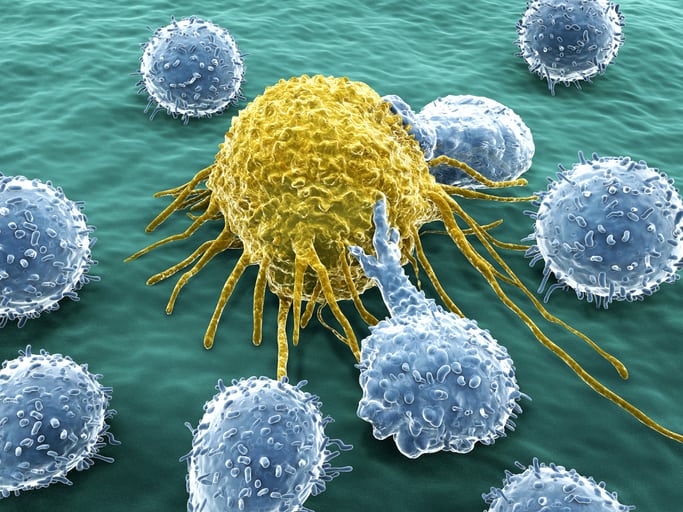EGFR exon 20 alterations are rare events seen mainly in non-small cell lung cancer (NSCLC). They include EGFR T790 and C797S mutations (associated with secondary resistance to classic EGFR tyrosine kinase inhibitors (TKIs)), and EGFR exon 20 in-frame insertions (associated with resistance to first- and second-generation EGFR TKIs). In silico modeling of structural changes in aberrant proteins has informed selection of compounds with potential clinical activity: poziotinib (whose smaller size permits access to the restricted kinase pocket created by EGFR and ERBB2 exon 20 insertions); cetuximab (an antibody that attenuates dimerization caused by EGFR exon 20 insertions), and TAK-788 (another EGFR/ERBB2 TKI). Other alterations, such as EGFR T790 M, are responsive to osimertinib, while the EGFR C797S alteration seen in osimertinib resistance demonstrates preclinical sensitivity to combined brigatinib and cetuximab. These observations indicate that clinical resistance can be overcome by utilizing advanced genomic interrogation coupled with computer modeling.Copyright © 2020 Elsevier B.V. All rights reserved.
New therapeutic approaches to overcoming resistant EGFR exon 20 alterations.


